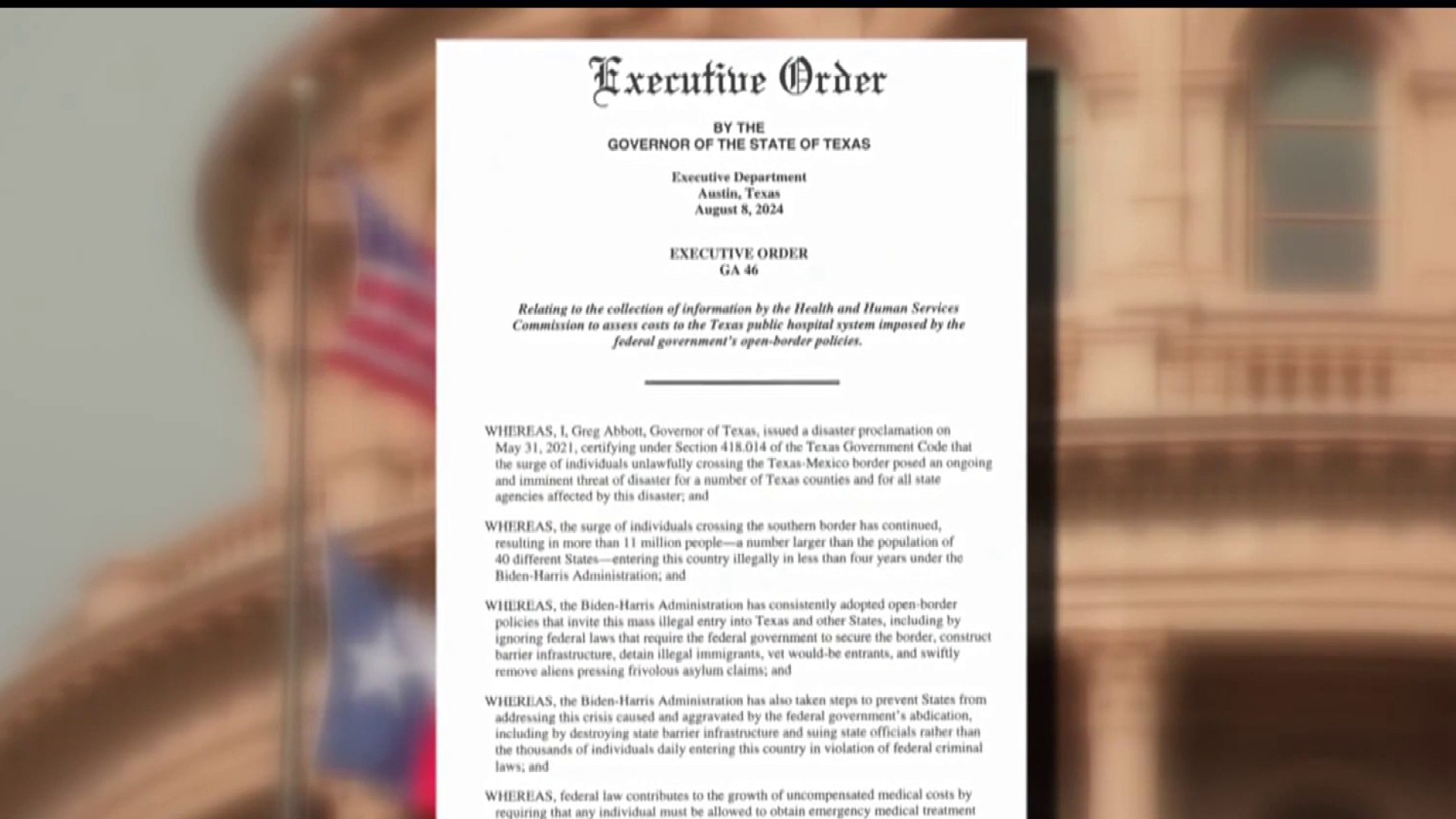Advocates for a pregnant 17-year-old girl held in a Texas facility for immigrant children who have crossed the border alone are asking a federal judge to allow her to get an abortion, over the opposition of U.S. and state officials.
A federal magistrate judge in San Francisco has scheduled a hearing Wednesday on a request filed by the American Civil Liberties Union of Northern California, which accuses the U.S. Department of Health and Human Services of refusing to let the girl be taken for the procedure.
Rochelle Garza, a lawyer appointed to represent the girl's legal interests, told The Associated Press on Tuesday that she may be up to 14 weeks' pregnant. Texas state law prohibits most abortions after 20 weeks.
Garza says the teen is from Central America, like most people caught crossing the U.S.-Mexico border without legal permission. She declined to give the girl's name or identify the specific country where she was from, citing the girl's privacy as a minor, but said that the girl wanted an abortion in part because she had seen her parents abuse another sibling who was pregnant.
With Garza's help, the girl obtained a judicial waiver under a Texas law requiring a minor seeking an abortion to get consent from a parent. But staff at the facility where she's being held refused to take her to her appointments with a doctor to seek an abortion, or let the attorney take her, even though private groups that support abortion rights have raised money for the procedure, Garza said.
Instead, she was taken to a crisis pregnancy center. Such centers encourage pregnant women not to have an abortion.
"I feel like they are trying to coerce me to carry my pregnancy to term," the girl said in a declaration filed in federal court last week.
Texas News
News from around the state of Texas.
The ACLU of Northern California sued HHS last year over what it said was the denial of abortion and contraception to girls in its custody.
Unaccompanied Central American children apprehended at the U.S.-Mexico border are generally turned over to facilities run by private operators on behalf of HHS. Many facilities are affiliated with religious organizations that oppose abortion like the U.S. Conference of Catholic Bishops. Nearly 3,000 unaccompanied children were caught by Border Patrol agents at the border in August, the most recent month for which data is available.
U.S. lawyers representing HHS argued that the ACLU's request for a temporary restraining order allowing an abortion to go forward was wrong on technical grounds, since the original lawsuit argued HHS was violating the First Amendment by allowing religious groups to allegedly refuse access to abortion. In this case, the 17-year-old is not being held in a facility with a religious affiliation, government lawyers said.
It was not immediately known how long the girl would be held at the facility, or whether she would be eventually be transferred.
Texas Attorney General Ken Paxton went further in a separate filing Tuesday. Paxton, who is a strident opponent of abortion rights like most leaders in the nation's largest conservative state, argued that people in the United States illegally without some type of established ties to the country did not have a "constitutional right to an abortion on demand."
If the court rules in the girl's favor, "the ruling will create a right to abortion for anyone on earth who enters the U.S. illegally," Paxton said in a statement. "And with that right, countless others undoubtedly would follow. Texas must not become a sanctuary state for abortions."
Paxton was joined in filing the brief by the attorneys general of Louisiana, Missouri, Nebraska, Ohio, Oklahoma, and South Carolina.
Garza argued the girl's case "really has nothing to do with her immigration status," and that she had complied with the state's abortion laws.
"As far as I'm aware, abortion is legal in this country," Garza said. "Nobody has the right to force her to have a child against her will."




